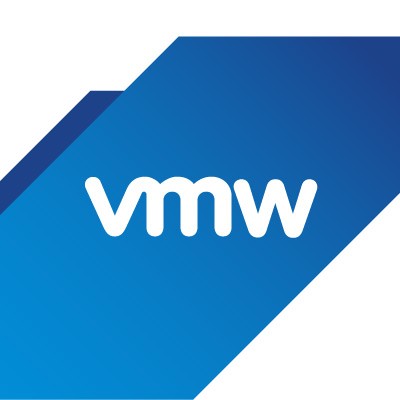Yes, I have had experiences of implementing VMware infrastructure from scratch, and it requires careful planning and execution.
Starting, a clear understanding of the business needs and project requirements is vital. This helps determine the capacity planning for compute, storage, and networking resources.
Next, I would design the network layout, considering factors like network segregation for different types of traffic (management, vMotion, storage, VM traffic), and necessary redundancy.
For the storage architecture, it will depend on the requirements and existing infrastructure. We might go for a local storage setup using vSAN, or a network storage setup using NFS or iSCSI.
Once the hardware is set up and network connectivity has been established, I would install the VMware ESXi on each server. After that, I would set up the vCenter server, either as an appliance or on a Windows server, which would act as the centralized management point.
With vCenter up, I would add all the ESXi hosts to vCenter and create datacenters and clusters as planned. I'd also configure the high availability and DRS settings for each cluster.
Post the cluster configuration, I would configure shared storage and vMotion. Then the network would be set up, including the switch configuration and VMkernel adapters.
Finally, the creation of Virtual Machines starts based on the application requirements. These can then be tweaked for their resource allocation and network settings.
This is a broad-level overview, the in-depth details could vary based on the precise requirements, the organizational standards and practices, and existing IT infrastructure. And, as with all complex IT projects, thorough documentation, regular monitoring and maintenance after the setup are important to keep everything running smoothly.









